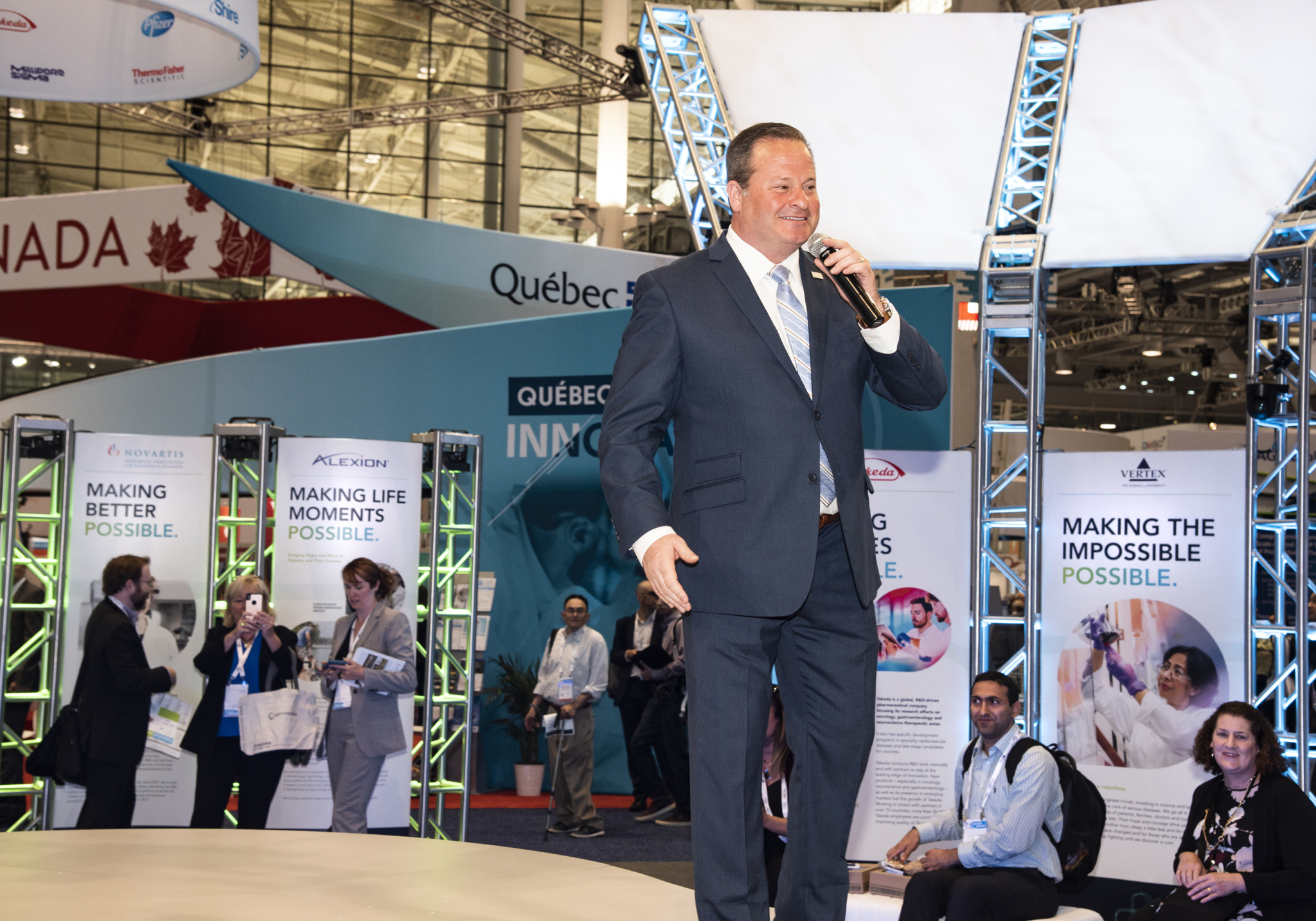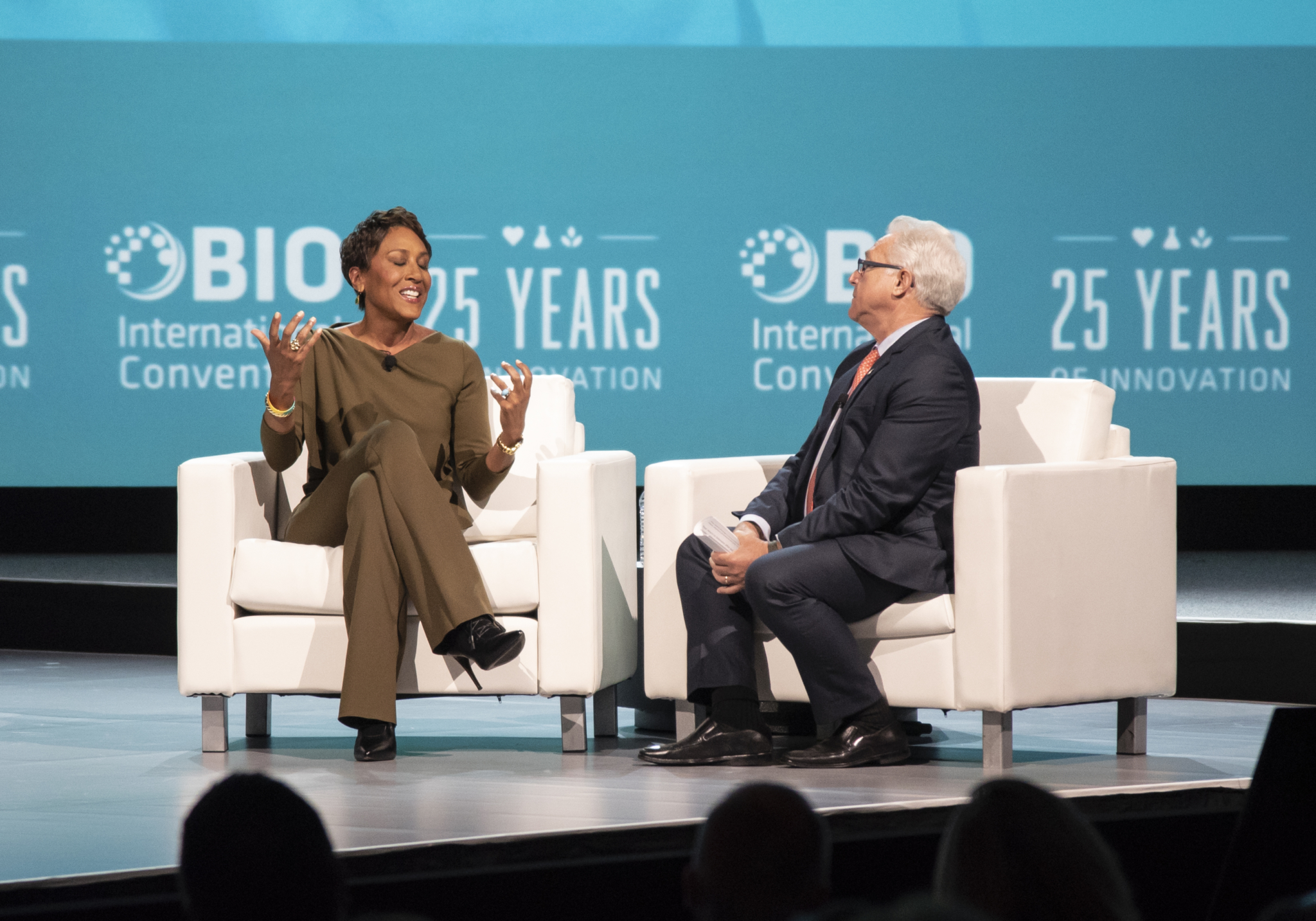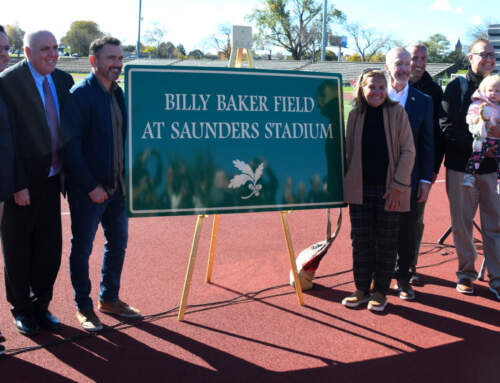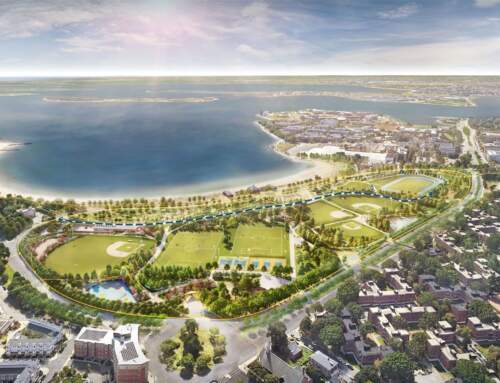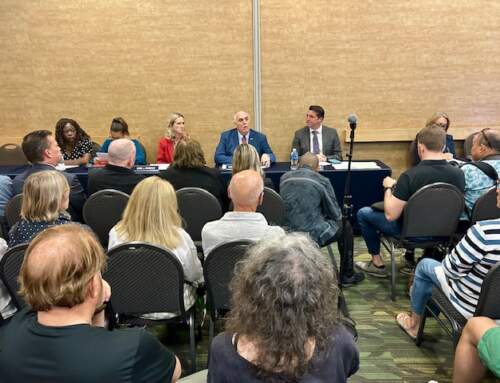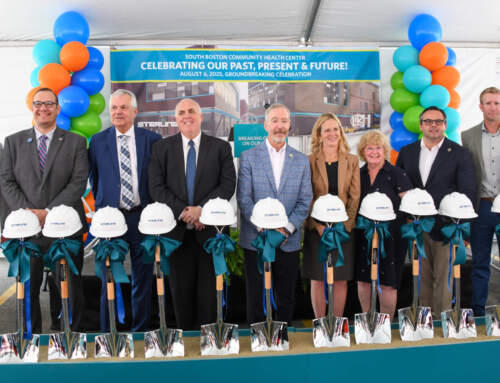By Richard Campbell
Even if one is involved deeply in this massive industry, keeping track of the sheer number of innovations and research in the biomedical and life sciences fields would be an impossible task, so industry insiders attend conferences to find out about the latest in research and development. This week starting June 4th the Boston Convention and Exhibition Center BCEC is hosting a four day, no holds barred Bio International 2018 Conference bringing thousands of industry leaders from companies specializing in fields from drug manufacturing to genomics, bioengineering and cell therapy to digital and brain health, to a multitude of spin-off technologies from around the world. The Boston / Cambridge role in these industries ranks at the top of the world, and this kind of event was most likely what the original planners for the BCEC had in mind when the center was built.
There are 1,800 pavilions from all fifty states and almost every major international nation as well. This is a conference that originally started 25 years ago that has grown so that this year a judge from the Guinness World Book of Records was on hand to see it break the record for largest meeting of its kind. A stroll through the BCEC alerts one to the fact that every nationality and level of participant was on display, from veteran researchers to young professionals, and beginning students receiving bio-genius awards. The Massachusetts pavilion entitled “The State of the Possible” included the heavy hitters from the Seaport like Vertex, and Cambridge educational research from Harvard and MIT to companies clustered in Kendall Square- where 18 of the top 20 drug companies in the world reside. It also staged events of individual patient stories like Lauren Bombardier’s recounting of her journey dealing with cystic fibrosis, and the role Vertex has played in ground breaking research on the disease.
The theme for this year’s Bio Convention is “Making History” which by any standard of the imagination, has been done by this industry already in just this past year alone. James Greenwood, President and CEO of Bio International gave an overview of the 25-year-old organization, its humble beginnings and growth to its present international status. He mentioned that 2017 was a banner year for Bio with the first FDA approved commercially available gene therapy, Novartis’s CAR-T treatment to treat a deadly form of childhood leukemia, which has the potential to bring remission to thousands of children who have not thus far responded to other therapies. When he said: “We don’t have to wonder what the future looks like, because it is upon us,” he was not exaggerating in the slightest. The complexity and sheer quantity of technical achievement on display here shows we are truly in the Biotechnology Century.
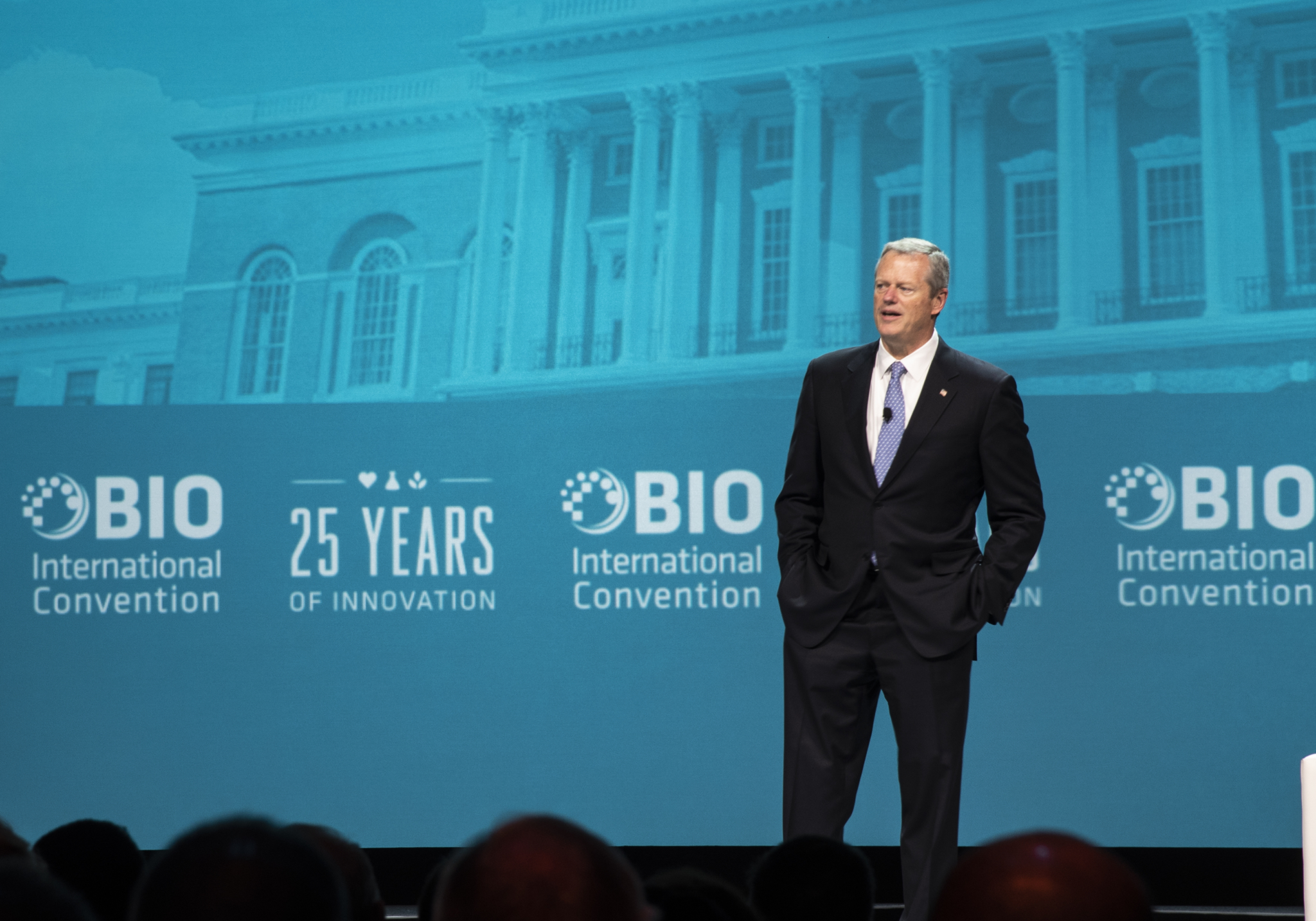
Governor Charlie Baker made a heart rending and pride filled speech starting with crediting local universities for their critical roles in developing Massachusetts as one of the biomedical capitals of the world that builds business and cures people. He noted that the original 650-million-dollar investment by the state has grossed Massachusetts 4.5 billion-an impressive figure to mention when people are running down the efforts of our state government. His pledged continued support for the industry with new initiatives was filled with personal reflections. He recounted how far the industry has come since football legend Boomer Esiason’s son Gunnar first struggled waiting for break through treatment for cystic fibrosis, and how later his family established the Boomer Esiason Foundation to fund research for a cure. In a world where hundreds of thousands of children’s lives have been impacted positively by the field of biomedical research, there were a many personal success stories to testify about good fortunes of research- as well as a solemn recognition of a world of suffering awaiting cures from these professionals. The point here is this was a very technical conference that has a deeply human face.
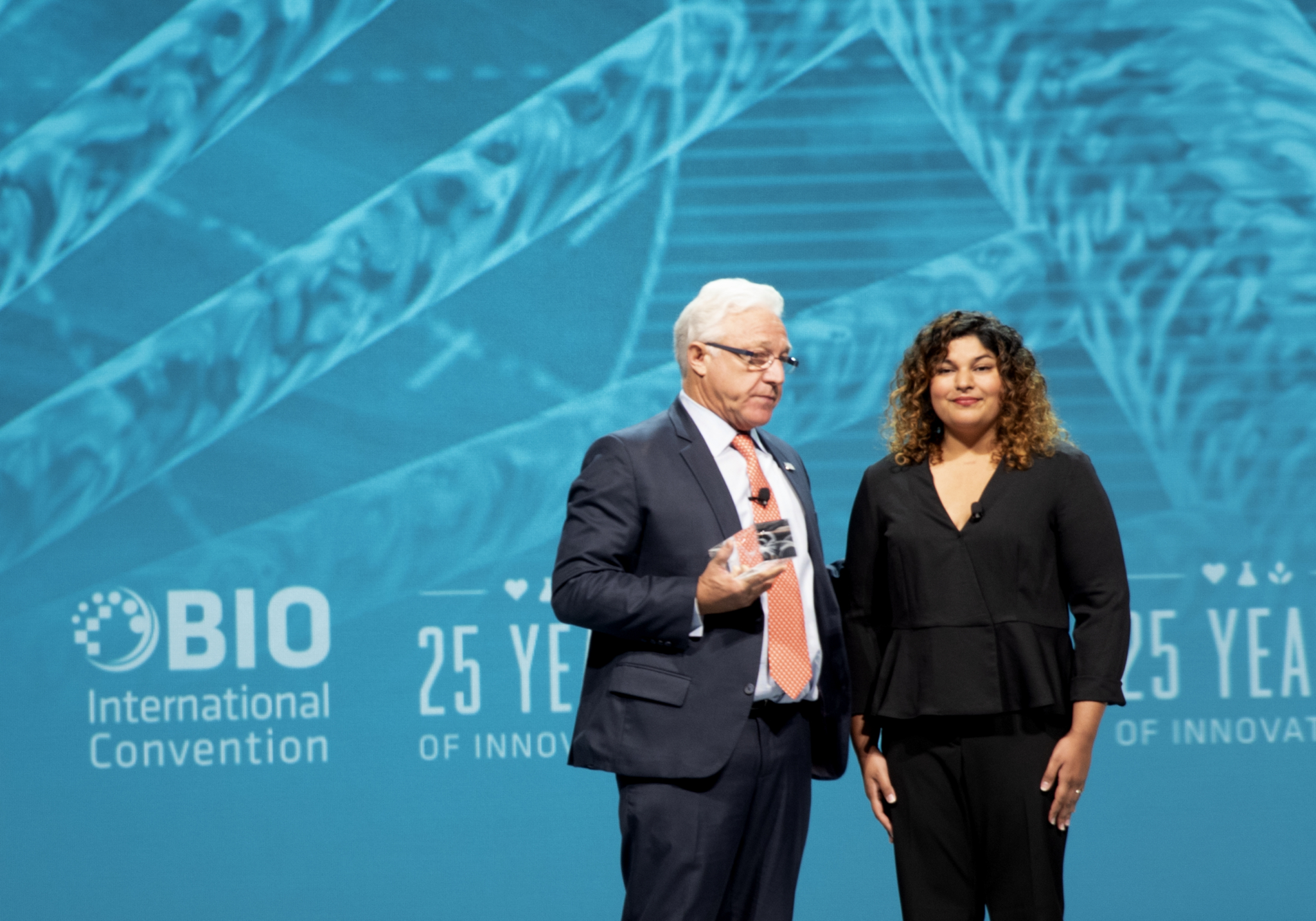
The very first patient cured from Gene therapy, Ashanthi DeSilva was on hand, all grown up, miraculously healthy looking as a result of her childhood cure planned in 1990 of severe combined immunodeficiency, SCID (called the bubble boy disease), which at the time which would have been a death sentence of the then four-year-old girl. The cure involved inserting the adenosine deaminase gene via retrovirus into the T lymphocytes of DeSilva, who has since then maintained her health through continued therapy. Ashanthi received the 2018 Bio History Maker Awarded from James Greenwood who said: “Ashanthi, you’ve not only made history, you’ve made a difference – every day for patients around the world. You’ve connected them with knowledge, resources and each other.”
Good Morning America host Robin Roberts was the first Keynote Speaker who brought her own life story struggling with breast cancer in 2007 and then myelodysplastic syndrome in 2012 as a source of inspiration for all those dealing with life threatening health issues. She was interviewed about her life’s success in broadcasting as well as the ups and downs of various cures from chemotherapy to bone marrow transplants, (her sister was her donor) that would not have been possible without advanced research of people in the industry. Robert’s dialogue with James Greenwood was as striking for its candor as it was filled with amusing anecdotes to buffer the heart-breaking parts of her life drama.
She offered stories about her family who supported her throughout her career from early beginnings as a country radio host on a 100-watt station, in Hattiesburg Mississippi to covering Wimbledon for ESPN, to becoming a member of the Good Morning America team, and meeting president Obama and befriending the first family. When asked about inclusion, she praised Bio International for their efforts in this manner but spoke strongly about never using the race card in coming to achievements. Her family believed in the three D’s: “discipline, determination, and da Lord!” She spoke passionately of lessons she learned from her father, a Tuskegee Airman, and her mother, who made her feel she could achieve through hard work. Almost every story she told was fascinating in its own right. To quote: “We are not so much what we accomplish, but what we overcome.” Simply put, one could write an entire article about her life, and well, others already have!
Featuring entertainers like Rob Riener and Diana Ross Bio plan to bring more personality and personal stories to the event as it continues. Jonathan Kraft from the Patriots organization gave a presentation on Biotech and Sports. The key sponsors in the category of include heavy hitters such as Abbvie. Amgen, Biogen, Bristol Meyers Squibb, Merck, Johnson & Johnson, Genetech, Sanofi, Lilly, Pfizer, and Abbie corporations among many others. There were the BioGENEius Challenge Awards for young high school scientists. Sajeev Kohli (11th Grade, Waterloo, On, Canada) was named the grand prize winner of the International BioGENEius Challenge, Shloka Janapaty (10th Grade, California), Sriharshita Musunuri (12th Grade, Washington) and Tobias Stadelmann (12th Grade, Germany) were awarded highest honors. By tweeting #ChampionsofScience -you extend support to all of them.
The sheer diversity of scientific discovery and invention represented in the learning sessions of this convention cannot be related in a meaningful way through an article. There were 18+ Tracks, Super Sessions, and Fireside Chats at BIO 2018, that tackled every conceivable related industry, and business practices that touched the field. One presentation this writer saw: “Genome Editing Explained,” was so detailed and carefully explained that the audience of attendees was in rapt attention. The huge impact of the Massachusetts biomedical community on this convention was revealed in the number of industry leaders in our midst who had their own stage, surrounded by pavilions. For more information see: http://convention.bio.org/home.aspx.
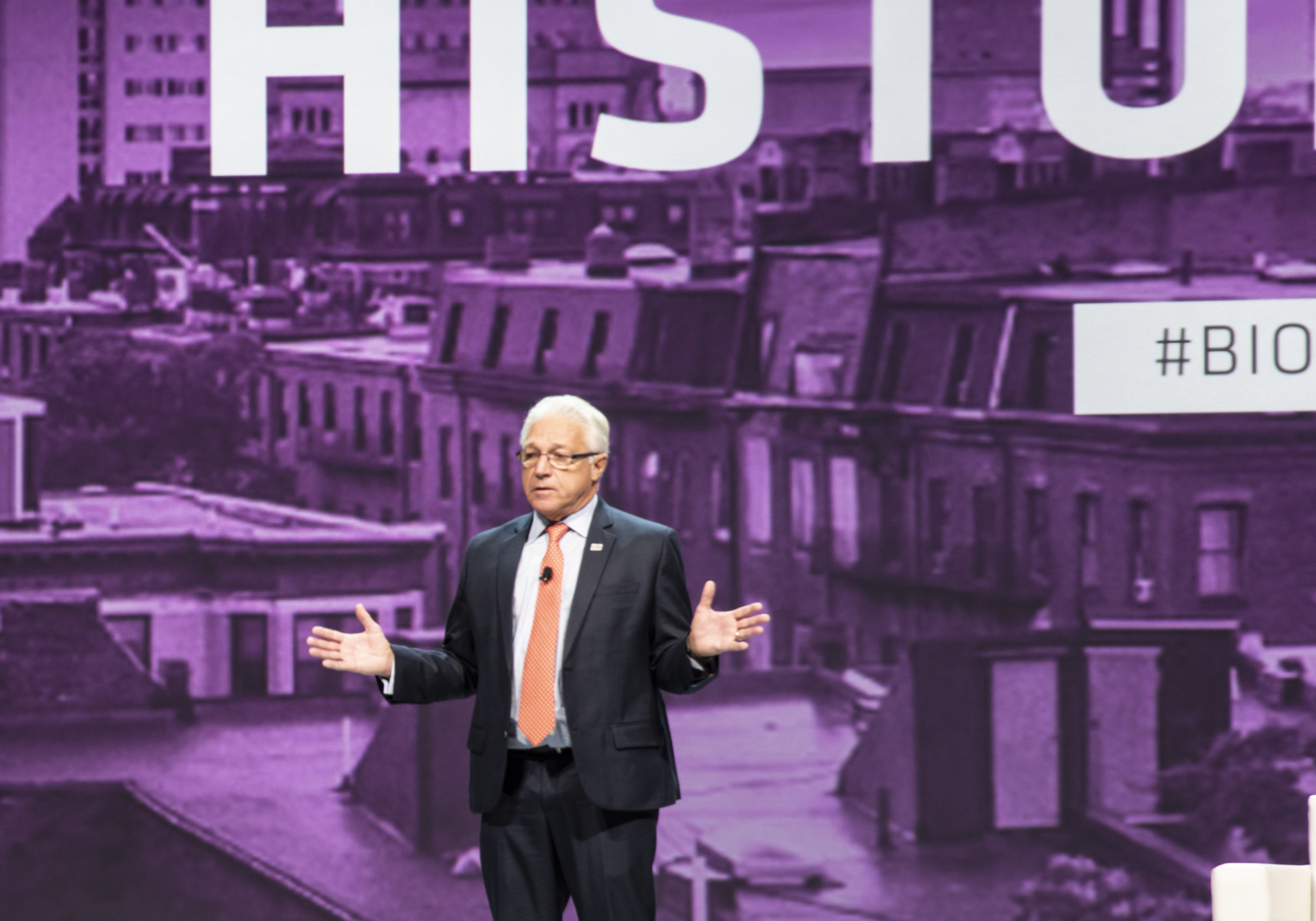
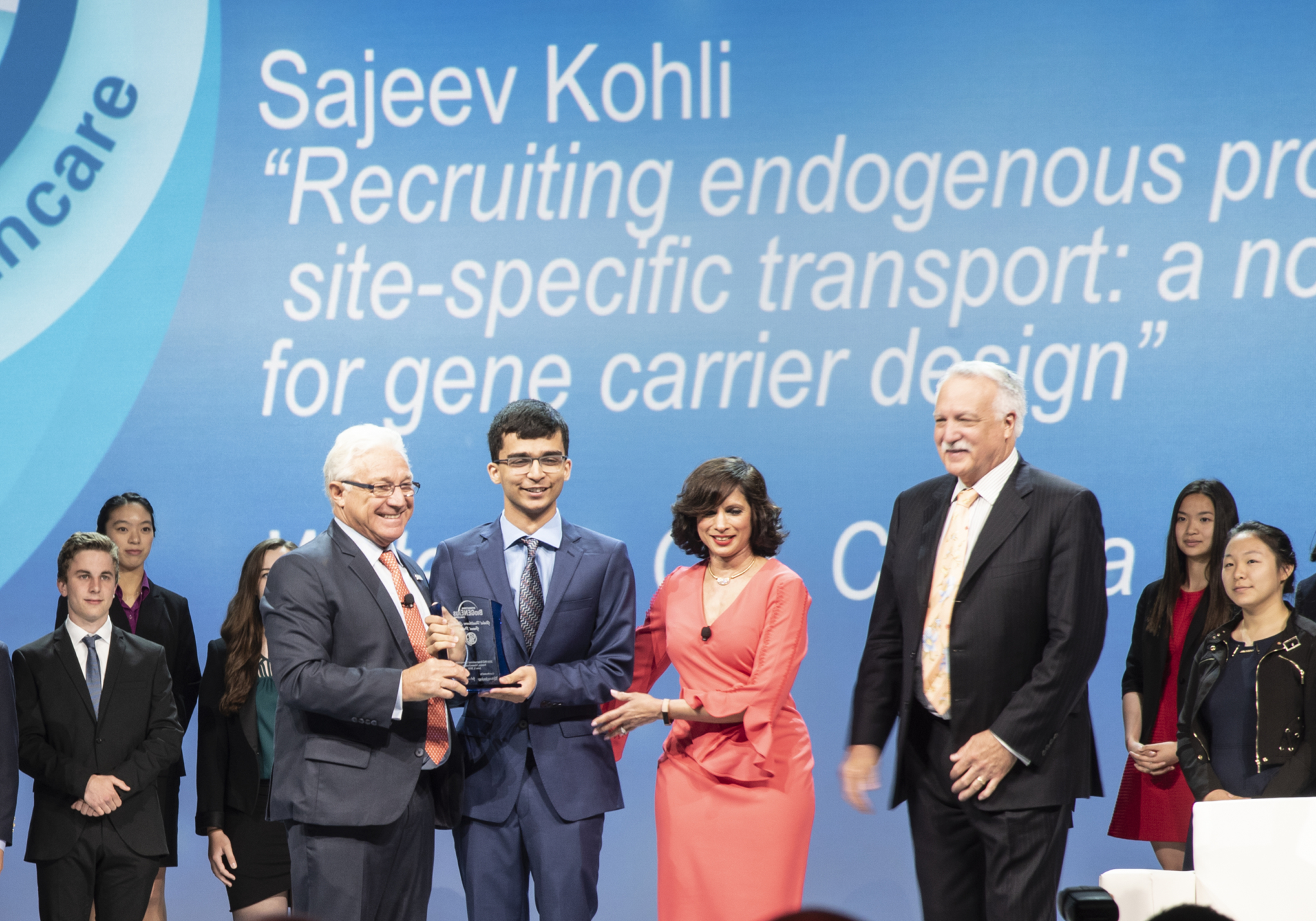
There were the BioGENEius Challenge Awards for young high school scientists. Sajeev Kohli (11th Grade, Waterloo, On, Canada) was named the grand prize winner of the International BioGENEius Challenge, Shloka Janapaty (10th Grade, California), Sriharshita Musunuri (12th Grade, Washington) and Tobias Stadelmann (12th Grade, Germany) were awarded highest honors.
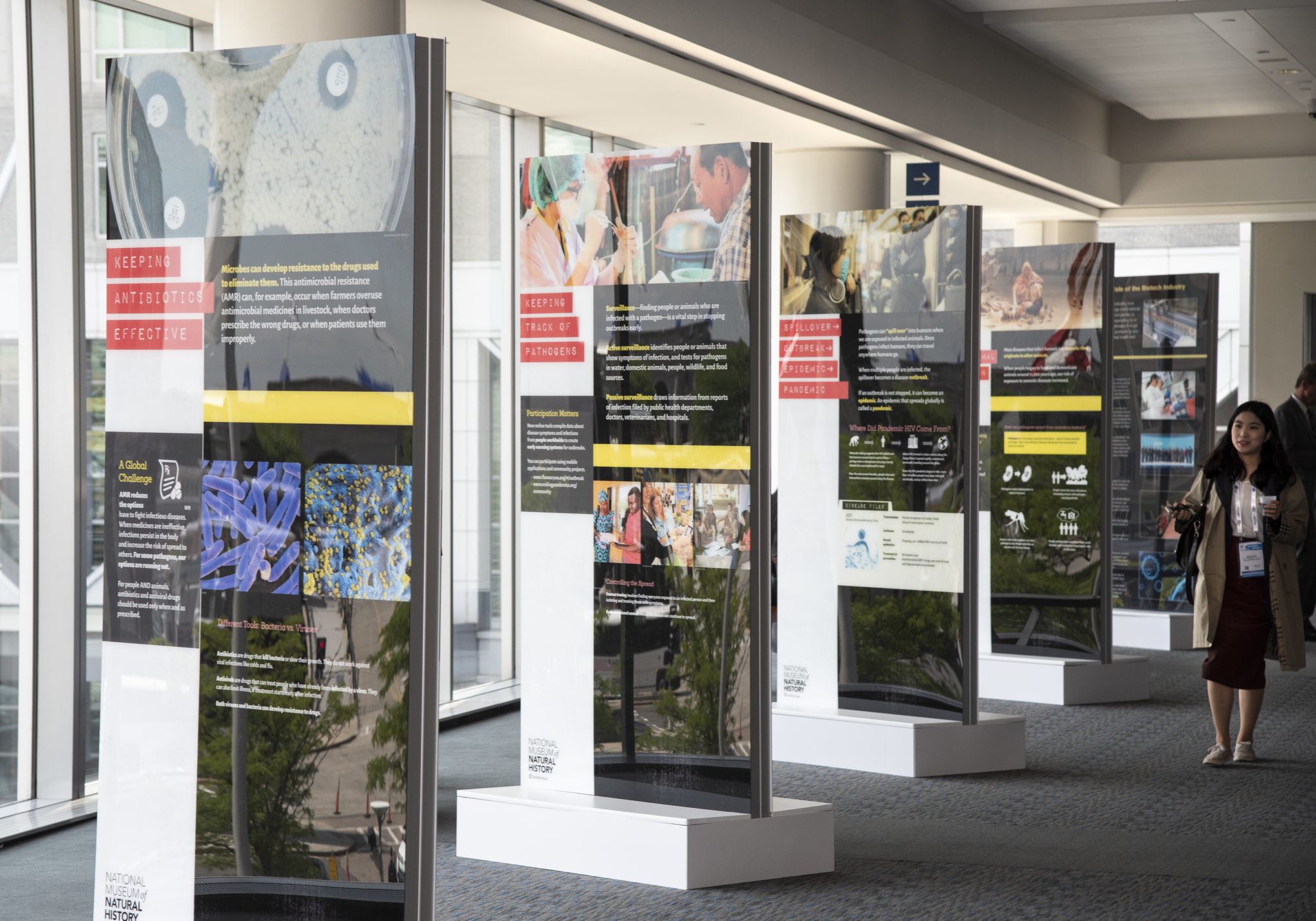
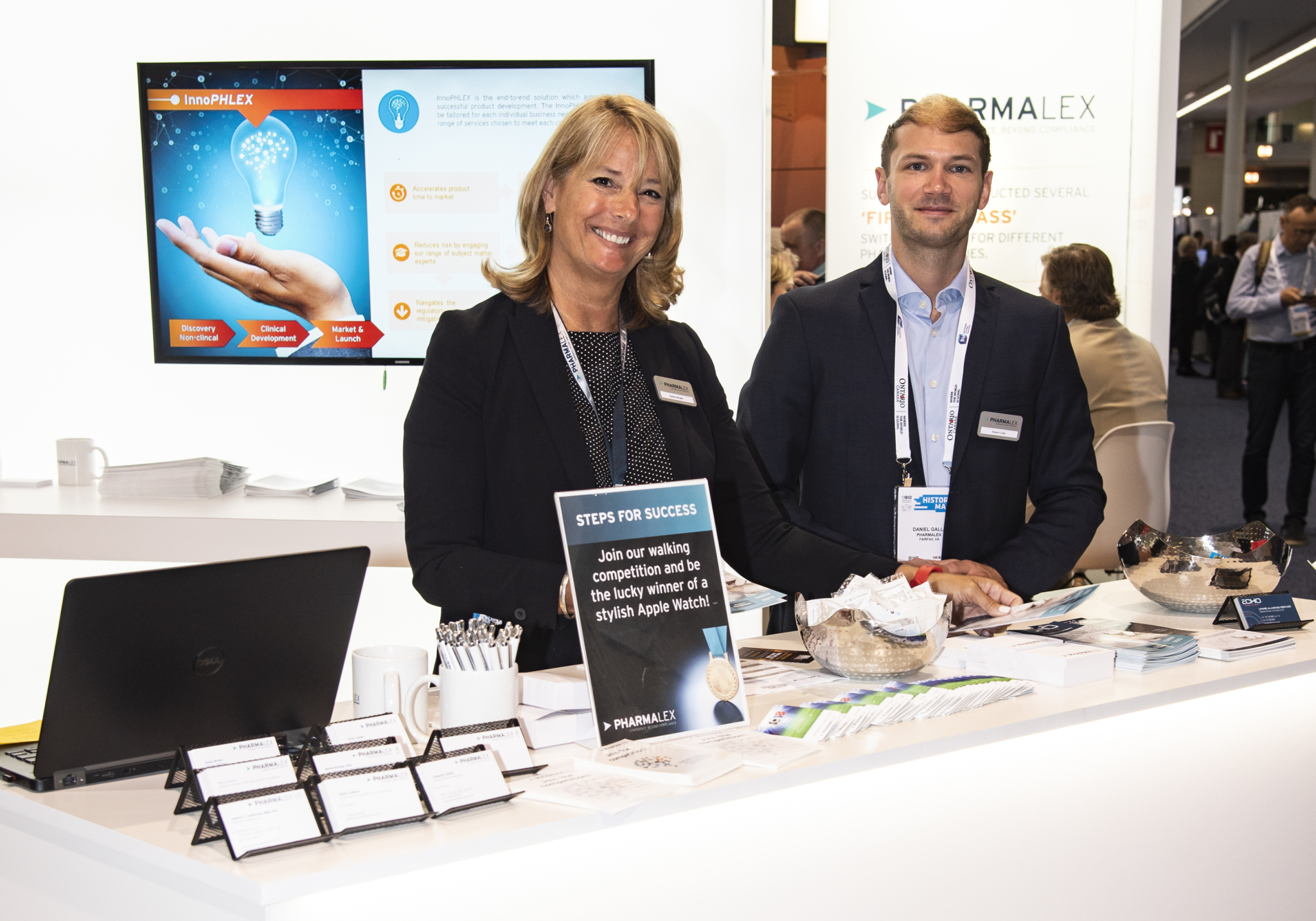
There was no shortage of informative Vendor Representatives. presenting ground breaking innovations and services. Many were represented from different nations. Massachusetts had its own stage which was one of the largest presentations.
